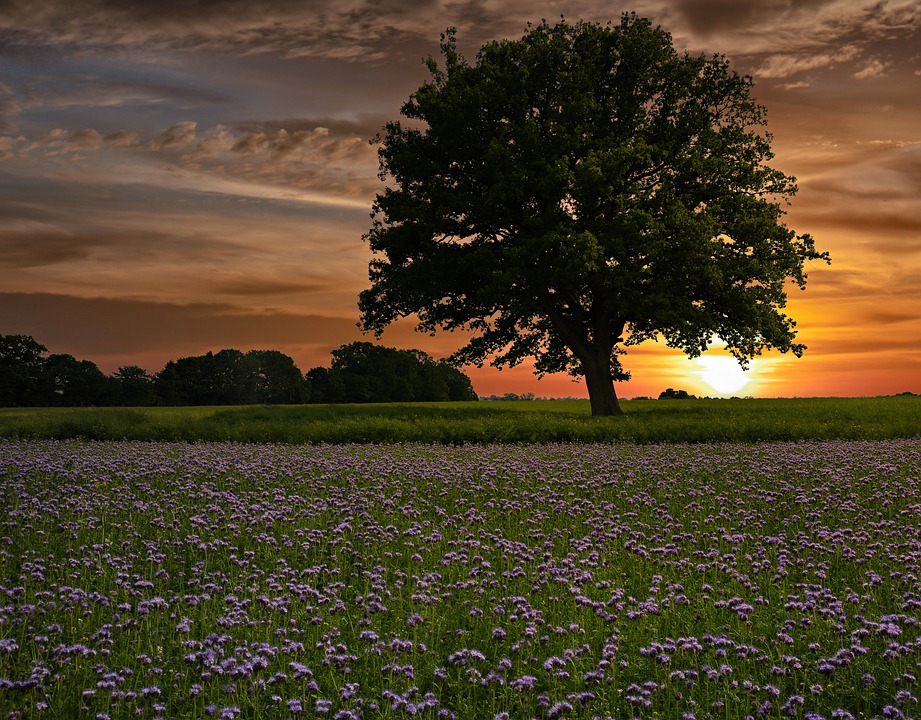In the tapestry of human history, there are threads that are often overlooked or deliberately hidden. These are the stories of marginalized communities whose voices have been silenced or marginalized throughout the ages. The history of these communities is not just a footnote in the annals of time; it is a living testament to resilience, struggle, and the human spirit. In this article, we will delve into the forgotten histories of marginalized communities, shining a light on their historical origins, current state, and future prospects.
Historical Context
Marginalized communities have existed for as long as human societies have been formed. From the indigenous peoples of the Americas who were displaced and decimated by European colonization to the LGBTQ+ individuals who have faced persecution and discrimination throughout history, marginalized communities have faced a myriad of challenges that have shaped their collective experiences. It is essential to understand the historical context in which these communities emerged to appreciate the complexities of their struggles.
– Indigenous communities: The colonization of the Americas brought devastation to indigenous communities, resulting in displacement, cultural erosion, and loss of lives.
– African Americans: The legacy of slavery in the United States has left a lasting impact on African American communities, shaping their experiences of inequality and systemic racism.
– LGBTQ+ individuals: Throughout history, LGBTQ+ individuals have faced persecution and discrimination due to societal norms and prejudices.
Current State
Despite progress in civil rights and social justice movements, marginalized communities continue to face significant challenges in the modern world. Economic disparities, systemic discrimination, and social exclusion are persistent barriers that impact the daily lives of individuals within these communities. The current state of marginalized communities reflects a complex web of social, economic, and political factors that intersect to create unique challenges.
– Economic disparities: Marginalized communities often face higher levels of poverty and unemployment, limiting economic opportunities and upward mobility.
– Systemic discrimination: Discriminatory policies and practices perpetuate inequalities within marginalized communities, leading to barriers in education, healthcare, and employment.
– Social exclusion: Marginalized communities may experience social stigmatization and isolation, impacting their mental health and well-being.
Future Predictions
Looking ahead, it is crucial to consider the future prospects of marginalized communities and the pathways towards greater equity and inclusion. As society evolves and awareness grows, there is a growing momentum towards social change and empowerment for marginalized communities. Advocacy, activism, and policy reforms play a vital role in shaping a more equitable future for all members of society.
– Advocacy: Grassroots movements and organizations are actively working to raise awareness and advocate for the rights of marginalized communities.
– Activism: Social movements such as Black Lives Matter and LGBTQ+ rights movements are driving societal change and challenging systems of oppression.
– Policy reforms: Government initiatives and policy reforms are essential in addressing systemic inequalities and promoting social justice for marginalized communities.
Conclusion
In conclusion, the forgotten histories of marginalized communities are a testament to the resilience, strength, and diversity of the human experience. By shedding light on these histories, we can learn from the past, understand the present, and shape a more inclusive future for all members of society. It is essential to recognize the voices and experiences of marginalized communities, to acknowledge their struggles and triumphs, and to work towards a more just and equitable world for all. Thank you for engaging with this article, and we encourage you to continue exploring the rich histories and narratives of marginalized communities for a deeper understanding of our shared humanity.
